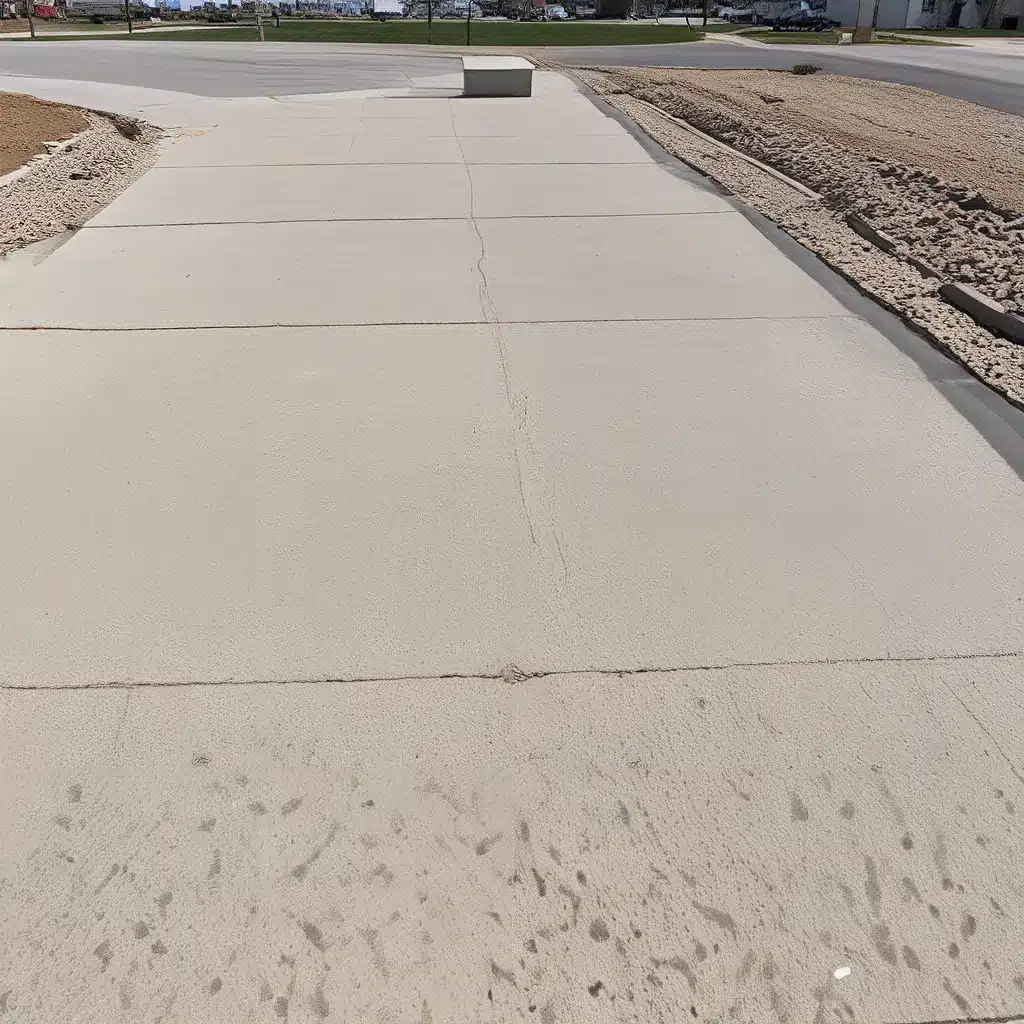
As a concrete contractor serving the Kansas City metropolitan area, navigating the local codes and regulations can be a crucial aspect of ensuring successful and compliant projects. Whether you’re a homeowner looking to install a new driveway or a commercial business planning a concrete foundation, understanding the nuances of Kansas City’s concrete codes is essential for a smooth and hassle-free experience.
Staying Up-to-Date with the Latest Concrete Codes
The adoption of the 2021 International Building Codes and the 2020 National Electrical Code in Kansas City has brought about some important changes that concrete contractors and property owners need to be aware of. These updated codes, which came into effect on January 1, 2023, provide a comprehensive framework for ensuring the safety and structural integrity of concrete installations.
One of the key changes in the new codes is the increased emphasis on energy efficiency. This means that concrete contractors must consider the thermal properties of the materials they use and ensure that any insulation or other energy-saving measures are properly integrated into the design. This not only helps to reduce energy costs for property owners but also contributes to the overall sustainability of the built environment.
Another area of focus in the updated codes is accessibility. Concrete installations, such as sidewalks, ramps, and parking areas, must now meet stricter guidelines to ensure that they are easily navigable and accessible for individuals with disabilities. This includes requirements for proper slopes, surface textures, and other features that enhance safety and usability.
Navigating the Permitting Process
Before any concrete work can commence, it’s essential to obtain the necessary permits from the local authorities. In Kansas City, the permitting process involves submitting detailed plans and specifications for the proposed project, as well as ensuring compliance with the latest building codes.
The permitting process can be complex, with various inspections and approvals required at different stages of the project. Concrete contractors in Kansas City must be familiar with the specific requirements and timelines to ensure that the work is completed in a timely and compliant manner.
One common issue that can arise during the permitting process is the need for structural calculations or engineering drawings. Depending on the scope and complexity of the project, these additional documents may be required to demonstrate the structural integrity of the proposed concrete installation. Experienced concrete contractors can assist property owners in navigating this process and ensuring that all necessary documentation is provided.
Best Practices for Concrete Installation and Maintenance
Beyond the regulatory requirements, there are also best practices that concrete contractors in Kansas City should follow to ensure the long-term performance and durability of their work. These include:
Proper Site Preparation: Ensuring that the ground is properly compacted and leveled before pouring concrete can help to prevent cracks, uneven surfaces, and other problems down the line.
Appropriate Concrete Mixture: Using the right combination of cement, aggregates, and other additives is crucial for achieving the desired strength, workability, and finish of the concrete.
Curing and Finishing Techniques: Proper curing and finishing methods, such as the use of curing compounds or the application of surface treatments, can enhance the concrete’s resistance to weathering and wear.
Ongoing Maintenance: Regular inspections, cleaning, and timely repairs can help to extend the lifespan of concrete installations and prevent more costly issues in the future.
The Benefits of Working with a Professional Concrete Contractor
While it may be tempting to attempt concrete projects as a DIY endeavor, the complexities of Kansas City’s concrete codes and the technical expertise required for high-quality installations make working with a professional concrete contractor a wise choice.
Experienced concrete contractors in Kansas City not only have a deep understanding of the local regulations and best practices but also have access to the necessary equipment, materials, and labor resources to ensure a successful project. They can handle the entire process, from the initial planning and permitting stages to the final finishing touches, taking the burden off the property owner and ensuring a seamless, code-compliant experience.
Furthermore, professional concrete contractors typically offer warranties and guarantees on their work, providing an extra layer of assurance and peace of mind for the property owner. This can be especially valuable when it comes to larger or more complex projects, where the stakes are higher and the potential for issues is greater.
Conclusion
Navigating the concrete codes and regulations in Kansas City may seem daunting, but with the right knowledge and the support of a professional concrete contractor, the process can be streamlined and the outcomes can be exceptional. By staying up-to-date with the latest code changes, following best practices for installation and maintenance, and working with experienced professionals, property owners in Kansas City can enjoy the long-term benefits of high-quality, compliant concrete installations.
Remember, concrete clarity is key to a successful project in Kansas City – and with the right guidance, you can achieve it.

